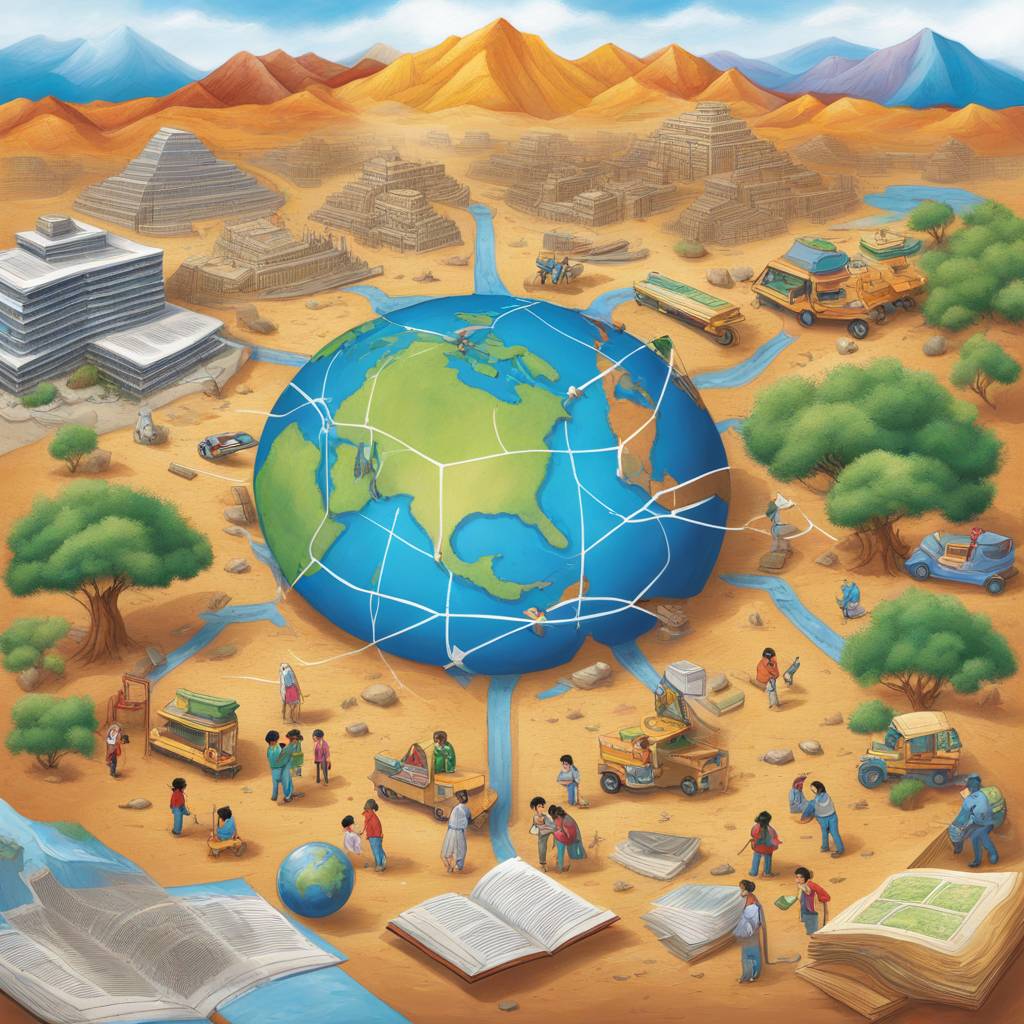Steve Daly, the CEO of Instructure, an education technology company, is highlighting the issue of learning deserts, areas with limited access to education opportunities. These deserts are caused by factors such as distance from schools, lack of technology, or unreliable Wi-Fi connections. Daly believes that addressing this access gap is the most pressing obstacle to creating an educational system that is truly accessible to all students.
Despite the challenges posed by learning deserts, Daly is optimistic about the future. He believes that reducing and eliminating these deserts will require collaboration from various groups, including educators, institutions, parents, businesses, and the edtech industry. According to a report by Instructure, a quarter of students and educators surveyed feel that they are living in a learning desert, impacting student success and engagement.
Growing up in a learning desert can have significant consequences, such as perpetuating the cycle of poverty. Daly shared the story of a student who had to drive 90 minutes each way to access the internet for assignments and research, putting her at a disadvantage compared to peers. Daly believes that providing access to higher education opportunities is crucial in helping individuals avoid poverty, with only 4.3% of people with a bachelor’s degree or higher living below the poverty line in the US in 2022.
While learning deserts may be more visible in developing countries, Daly highlights that they also exist in developed countries like the United States. Approximately 42 million Americans cannot access broadband internet due to various limitations, resulting in one in four students lacking reliable devices or internet connections. To address this issue, Daly advocates for collaborative efforts between governments, communities, districts, and edtech providers to shrink these learning deserts.
Daly notes that the learning management system (LMS) has become a central tool in education globally, offering features like mobile access and offline curriculum access to help students with unreliable internet connections stay on track. In countries like the Philippines, efforts are being made to provide mobile access to students and focus on upskilling workers for tech careers using microcredentials. By using edtech tools, teachers can identify students who may need extra support based on their learning situations, helping prevent students from falling through the cracks.
To address the challenges posed by learning deserts, Daly advocates for inclusive approaches to technology advancements. He emphasizes the importance of equitable access to generative AI technology, which has the potential to provide personalized tutoring experiences to all students. Daly praises collaborative efforts between educational institutions, state employees, legislators, and edtech stakeholders to address accessibility issues, such as allowing rural students to access courses previously available only in larger universities through hybrid learning environments. Daly encourages collective action from government, edtech, the private sector, and educators to shrink learning deserts and create a more seamless educational experience for all students.













